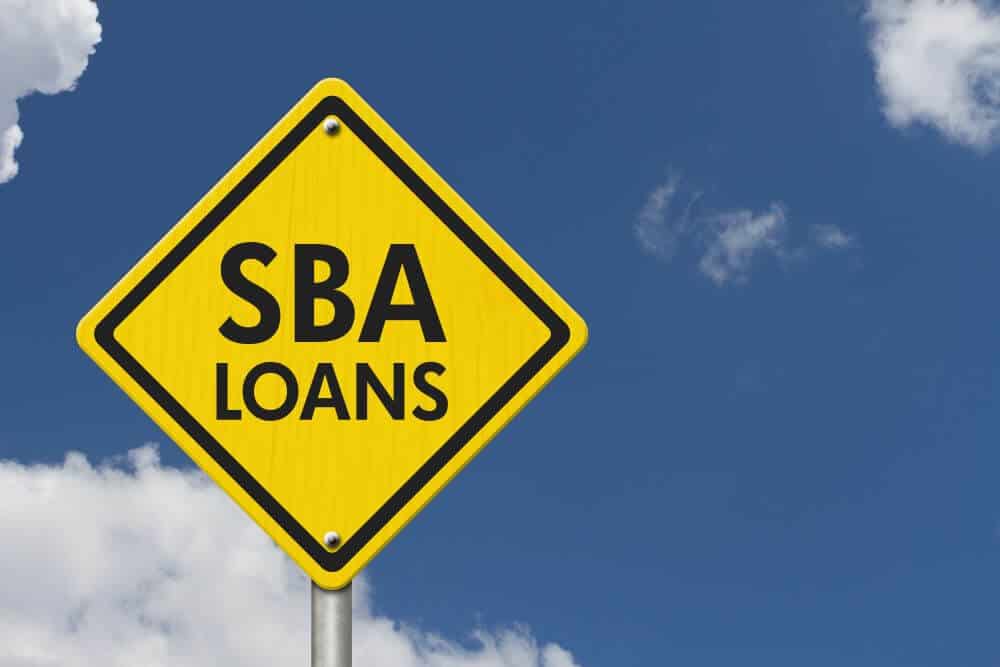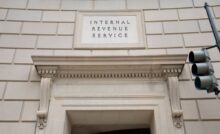IRS Clarifies Deductibility of PPP Loan Expenses


2020 has been a year of unique events and unexpected outcomes. For many, the pandemic has forced them to take things one day at a time. This is especially true for Atlanta businesses that have taken a loan through the Paycheck Protection Program (PPP). Since the PPP was launched as part of the CARES Act in March, there have numerous changes and updates including 2 separate frequently asked questions (FAQs) documents published and 26 interim final rules. In other words, the Small Business Administration (SBA) and IRS have been issuing guidance throughout the process frustrating many borrowers. While the pace of updates has slowed, especially since the Presidential election, it appears there is more guidance to consider. On November 18th, 2020, Treasury and the IRS issued new guidance, IRS Revenue Ruling 2020-27, which clarifies the tax treatment of expenses when a PPP loan has not been forgiven by year-end. To help clients, prospects, and others, Wilson Lewis has provided a summary of key points below.
Deductibility of PPP Expenses – What We Know
The IRS announced earlier this year (IRS Notice 2020-32) that no deduction is allowed for an eligible expense, that is otherwise deductible if the payment results in loan forgiveness. This was unwelcome news for many borrowers because it meant that although desperately needed working capital was provided, they could not deduct qualifying expenses. The result was an expected increase in taxes due to an increase in net business income.
Deductibility of PPP Expenses – What’s New?
The recently issued guidance goes one step further by stating a borrower may not deduct PPP expenses in the taxable year they were incurred, if, the taxpayer reasonably expects to receive loan forgiveness, even if they have not submitted an application by the end of 2020. In other words, if a taxpayer has a reasonable expectation of forgiveness expense deductions are disallowed.
The IRS provided two examples to illustrate how borrowers will be impacted. In the first example, a taxpayer receives a PPP loan and paid expenses for qualifying payroll, mortgage interest, rent, and utility payments. In November 2020, the borrower applied for loan forgiveness but does not receive confirmation whether the loan will be forgiven. In the second example, all the information remains the same with the exception that the borrower did not apply for loan forgiveness prior to year-end. In both cases, since the borrower has a reasonable expectation of forgiveness expense deductions are not permitted.
New Safe Harbor Program
The IRS also announced a new Safe Harbor program, in IRS Revenue Procedure 2020-51, which allows taxpayers to claim a deduction under certain circumstances, which include:
- Eligible expenses are paid or incurred during the 2020 tax year.
- A PPP loan was received, and the borrower expects to receive forgiveness after 2020.
- The borrower’s loan forgiveness application was never submitted, partially denied, or completely denied by the lender or SBA.
When this occurs, a taxpayer can deduct the relevant expenses on a timely filed return or submit an amended return to the IRS.
Contact Us
The new guidance provides important information on deductibility for PPP borrowers that have recently, or have not, submitted a loan forgiveness application. Atlanta businesses that have a reasonable expectation of loan forgiveness will not be allowed to deduct relevant expenses. If you have questions about the information outlined above or need assistance with another PPP, accounting, or tax issue, Wilson Lewis can help. For additional information call us at 770-476-1004 or click here to contact us. We look forward to speaking with you soon.
Recent Posts
Discover New Savings Through State Tax Incentives
The last few months have brought economic uncertainty to South Carolina businesses across several industries.…
Relief on Tap for Georgia Taxpayers
Earlier this month Georgia Governor Brian Kemp signed two important parcels of legislation into law.…
Preparing for an ERISA Audit
Preparing for an ERISA plan audit often starts with understanding what the audit looks for…
Auto Dealership Benchmarking
Atlanta car dealerships are constantly searching for ways to increase new and used car sales.…
Navigating New Auto Tariffs: What Dealerships Need to Know
On April 3, 2025, a new 25% tariff on imported vehicles went into effect, bringing…
Leukemia & Lymphoma Society Fundraiser
I want you to imagine hearing the three words, “You have cancer.” Sadly, this has…


